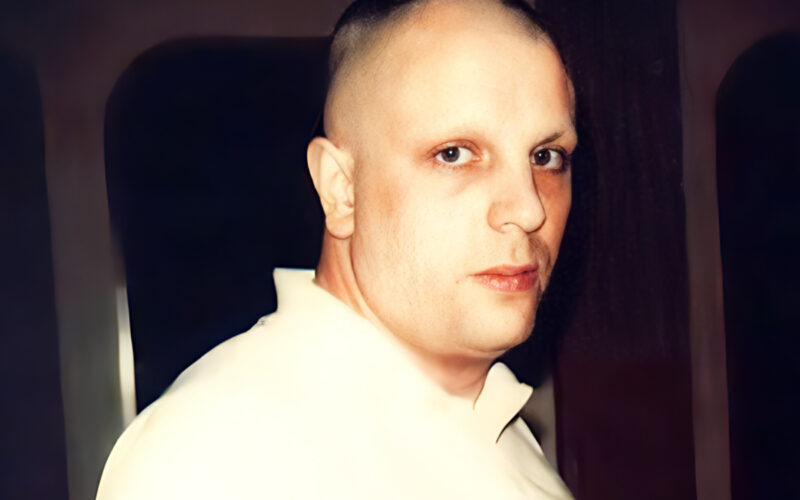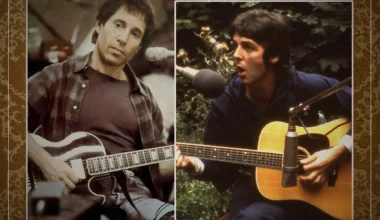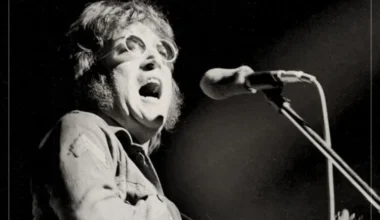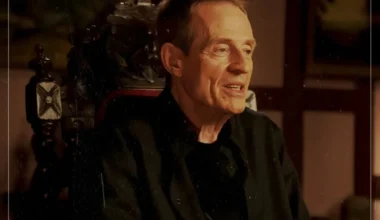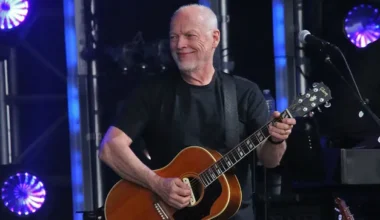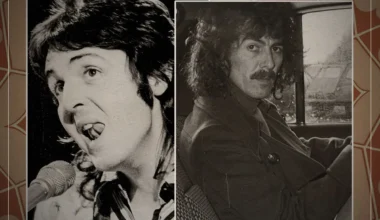You’d be hard-pressed to find anyone in rock music who’d say that they regret launching into the public eye or wished they’d given up their life of fame, fortune, and adoration to retreat back into reclusiveness. Except Syd Barrett, that is. After only seven years in the business, the Pink Floyd founder famously decided enough was enough, and quieter days of painting, gardening, and living with his mother were his true calling.
Of course, this is not to dismiss the mental health problems that Barrett suffered with – the aspect of his life that deemed him a psychedelic genius in the eyes of the world, but that ultimately cut short any hopes of taking his career further. There is something to be said for the profundity in this. Barrett’s refusal to allow his struggles to be capitalised on anymore stopped the world from exploiting what they viewed as a gift.
Subsequently, although Barrett’s retirement and reclusiveness throughout the remainder of his life certainly hold some tragic overtures, we have to accept that these were his wishes, and no unwanted intrusion or uncomfortable foray back into the spotlight would have ever changed that. Fans and journalists could flock to his native Cambridge all they liked in the hopes of getting a glimpse, but they wouldn’t find Syd Barrett – only Richard, his birth name, a normal man who just wanted to be left alone.
This was reflected in the final interview he ever reluctantly agreed to give, as two reporters from the French publication Actuel Magazine tracked him down outside his mother’s home in 1982, and Barrett uncharacteristically spoke to them. Naturally, he didn’t say much. “I don’t have time to do very much. I must find myself a flat in London. But it’s difficult, I’ll have to wait,” he explained – but there was still more than a hint of tragedy to the whole affair.
The reporters asked Barrett if he still played music in his spare time, having recently moved back to his home town after spending a short spell living in an apartment in London. But his answer was simple: “No, I just watch TV, that’s all.” Even though he seemed perhaps a little erratic, confused, and adrift in his life, Barrett nonetheless was content in his own little bubble, and it was symbolic that others tried to pop it in the name of their personal popularity.
When the journalists asked to take a photo of Barrett, he agreed, but quickly put an end to the proceedings when he said, “Good, that’s enough now. It’s painful for me…Thank you.” With that, the saddest emblem of the entire experience appeared, with Barrett physically pained by the notions of fame, attention, and his own perceived sense of identity by this stage in his life. In many ways, it was better that he was just left to live out the rest of his days in solitude and peace.
Much can be said about Barrett’s persona and psyche when he was a rock star, and Pink Floyd’s subsequent attempts to reach him in the years that followed. But his final interview made one thing clearer than it ever had been before – Syd Barrett was nothing but a concept, an illusion, a mask that had moulded and become unfamiliar to the man behind it over time. This was just Richard, a middle-aged Cambridge man who gardened, painted, and lived a quiet family life. Psychedelic genius? That was a whole different lifetime.
